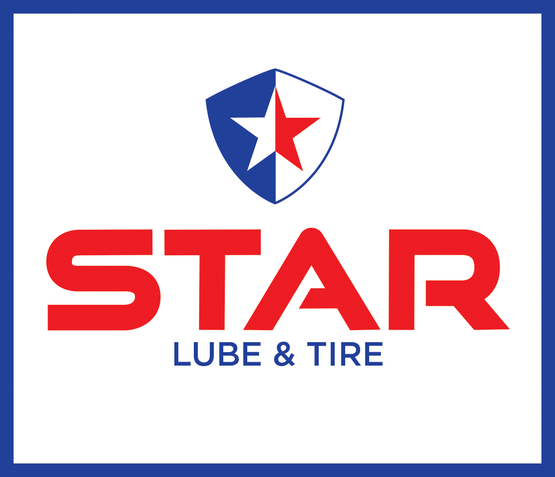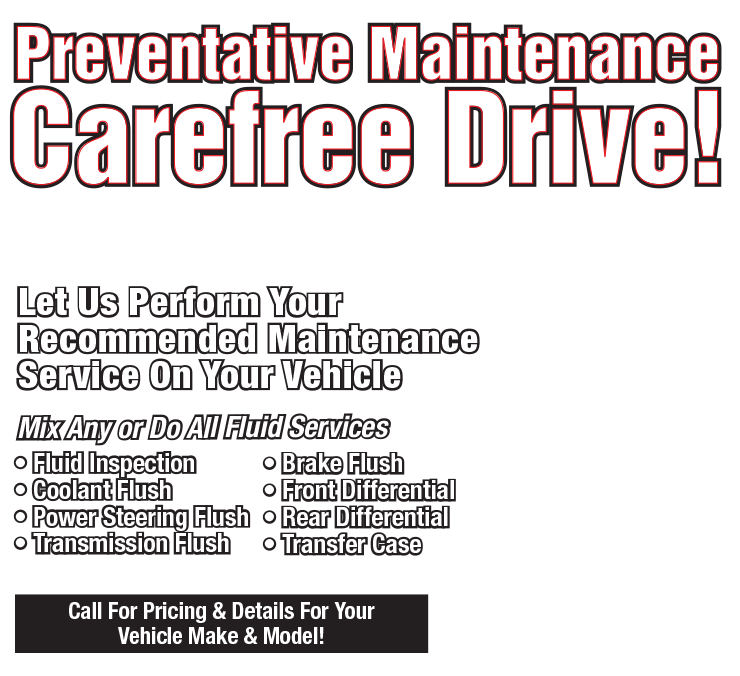Taking the Heat (Heater Hose Maintenance/Repair)
October 6, 2024
If you have an internal combustion vehicle, you know it has a lot of hoses that carry various fluids. And if you have a heater in your vehicle, you'll have heater hoses.
A heater hose connects to and from the engine so some coolant can be circulated through a little radiator called a heater core. In cold weather, that heater core acts as a heat exchanger to heat up your cabin.
Even in the hot weather, the heater hoses can prove problematic. That's because they may remain pressurized even though you're not running your heater. Heater hoses are made out of tough materials since they must handle heat and pressure. But even the durable rubber, plastic and metal they are made out of can crack or leak from years of use. That means coolant can be sprayed out into the engine compartment or leak onto a driveway or garage floor.
You may be able to see a puddle of coolant under your vehicle or perhaps smell the odor of the coolant under the hood. Some say it has a sweet smell. Another sign coolant may be leaking out of the heater hoses is your engine may be running hotter. You'll be able to tell by watching the heat gauge on your dash. Let's say your heat gauge usually points just slightly below halfway between the C and H (Cold and Hot) of the heat gauge. But now it is just slightly above. That's enough to tell you that the coolant temperature has gone up a little, a possible sign of trouble.
This is a good time to swing by your service facility and have them take a look. If they catch the leak when it's small, it's a relatively simple matter of draining the coolant, replacing the hoses and replacing the coolant. Sometimes, though, a heater hose can suddenly burst and a lot of coolant can leak out quickly. That can, in turn, cause your engine to start to overheat. In that case, you may see your vehicle's temperature gauge shoot up pretty quickly. Then it's best to pull over and have your car towed to a repair facility since driving with no coolant can cause severe engine damage.
Preventative maintenance is your best insurance against heater hose problems. A technician will periodically check for any signs of cracks or leaks. You should expect to replace a heater hose at least once during the time you own your vehicle.
Star Lube Branson
598 State Hwy 165
Branson, MO 65616
417-239-2886
http://www.starlubebranson.com
Need Service?
More articles from Star Lube & Tire of Branson

A Clean Start (Battery Cleaning)
February 1, 2026
Your vehicle is loaded with electrical devices. Computerized components are everywhere, so good electrical connections are important. Those begin with your vehicle's battery, so it's important that its connections are in top shape. Ever had a flashlight that didn't work, took out the old batteri... More

Thoughtful Gifts for the Winter Driver
January 25, 2026
You may be one of those romantics who don't like giving (or getting) practical gifts for special occasions. Just wait until one of those gifts helps you out of a big predicament in cold weather, and you realize that practical gifts can be life savers. Here are a few things you may give the cold-... More

I Can See Clearly (Wiper Blade Replacement)
January 18, 2026
Warm weather can bring severe storms, and when the rain is coming down hard, that's one time you really need to be able to see as clearly as possible out your windshield. Having wiper blades that are fit for the job are important to maintain that safe view. Maybe you live in a climate where you ... More








